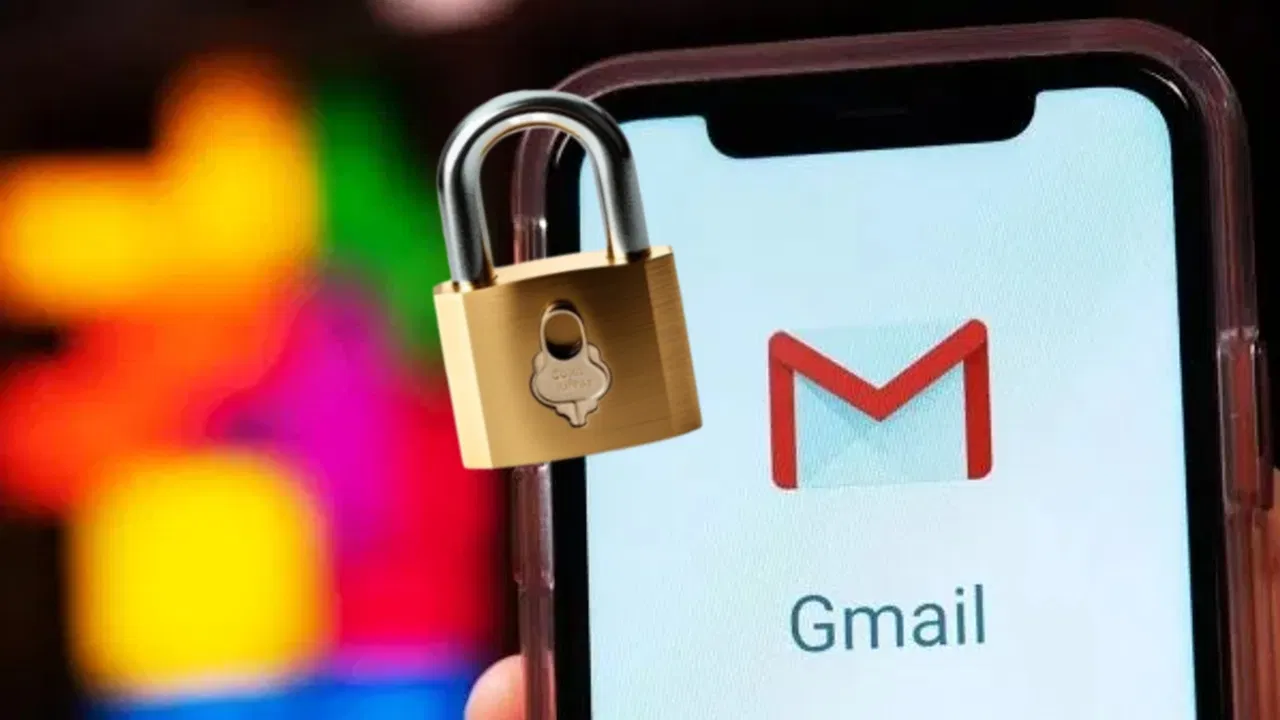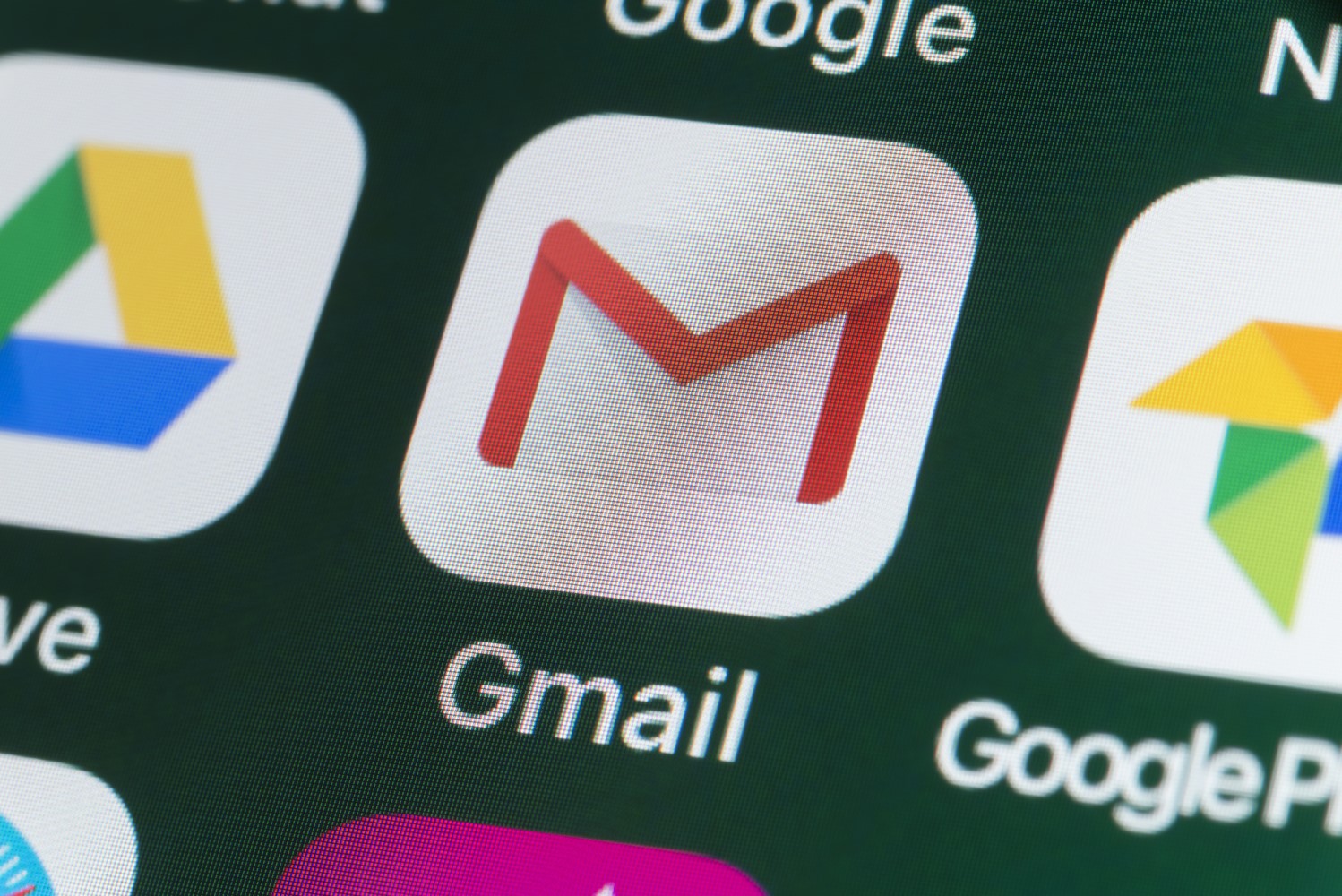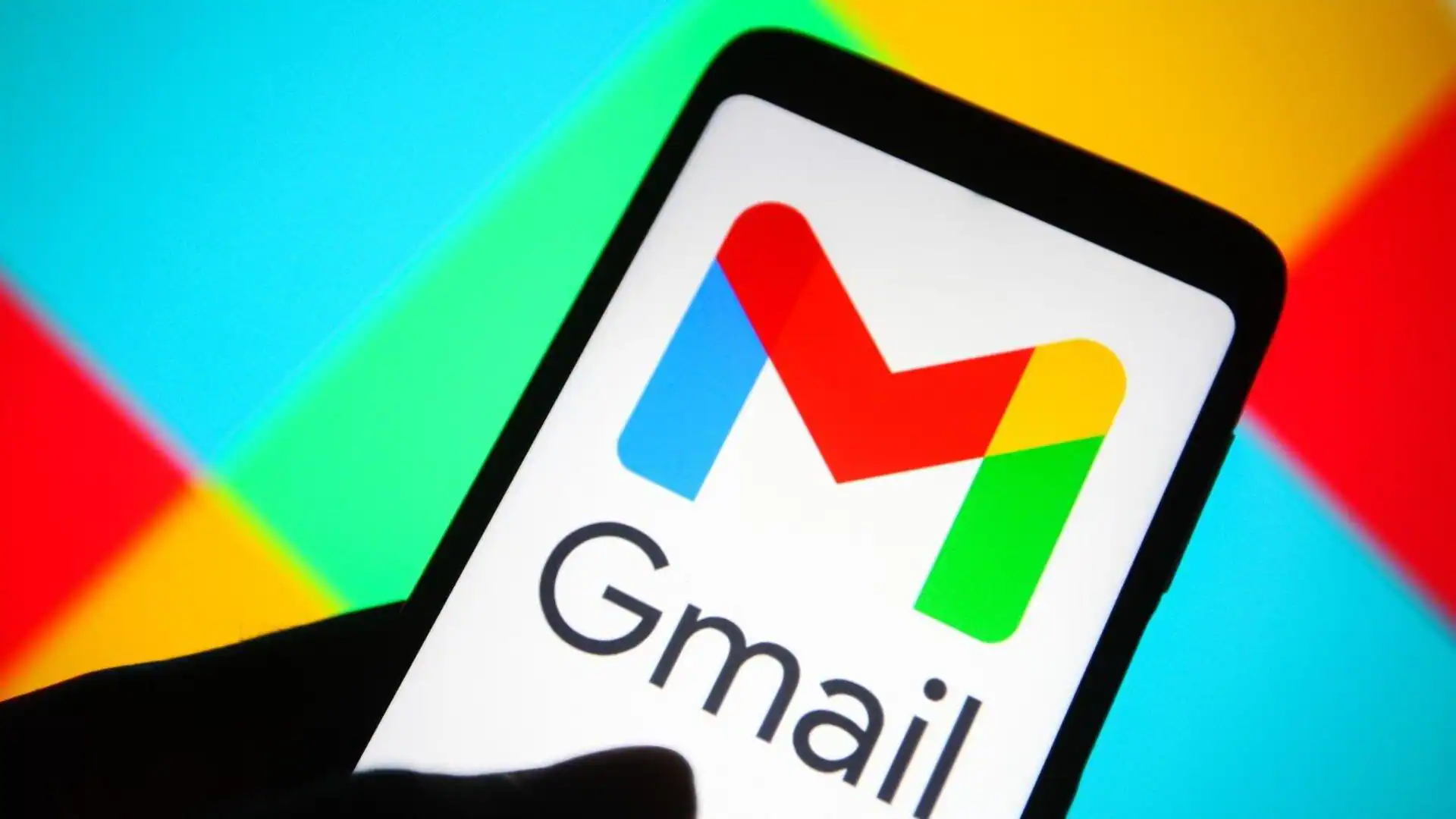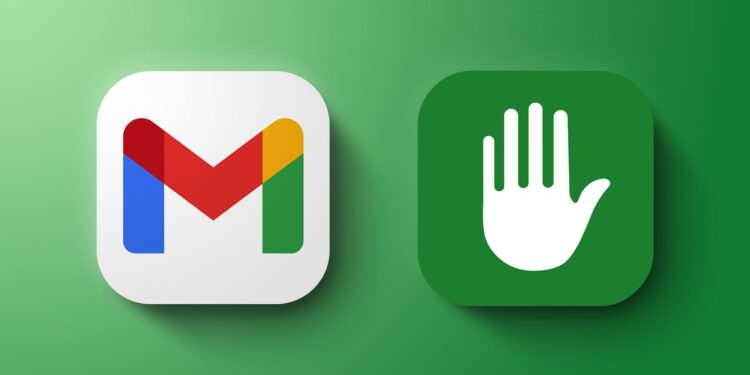In a world where digital privacy is increasingly paramount, Google’s latest update to Gmail could be a game-changer for over 2 billion users. With privacy concerns on the rise and the holiday season approaching—a prime time for cyber threats—Google is stepping up its game to protect its users. This new update introduces a powerful feature to shield personal email addresses, a move that mirrors Apple’s established ‘Hide My Email’ service and marks a significant enhancement in user privacy and security.

A Revolutionary Step in Email Privacy
For years, Google has been a pioneer in email technology with Gmail, renowned for its robust spam filters. However, as the digital landscape evolves, so does the sophistication of cyber threats. Recognizing the need for enhanced privacy measures, Google has unveiled a new feature aptly named ‘Shielded Email.’ This initiative, discovered in the latest APK teardown of Google Play Services, offers the ability to create single-use or limited-use email aliases. These aliases forward messages to your primary account, thereby minimizing exposure of your real email address and reducing unwanted contact and potential security breaches.
“Sure, Gmail is an absolute champ at filtering out spam, but every time you share your email with someone even a little bit shady, do you feel like you’re playing with fire?” noted Android Authority. This sentiment encapsulates the growing demand for more robust privacy tools in everyday digital interactions.
How ‘Shielded Email’ Works
The Shielded Email feature aims to provide Gmail users with the option to generate unique, random email addresses that forward to their personal email account. This allows users to keep their actual email addresses confidential when filling out forms, signing up for newsletters, or communicating with unfamiliar parties. The feature is particularly advantageous within Google’s ecosystem, especially for mobile users who are increasingly vulnerable to phishing attacks.

This new service is set to be integrated with Android’s autofill and possibly the Google Password Manager, enhancing the ease of use and functionality across various applications and websites. Although it’s not clear yet whether Google will charge for Shielded Email, there is potential for it to be tied to Google One subscriptions, providing an added incentive for users to invest in enhanced security services.
The Growing Need for Enhanced Cybersecurity
The introduction of Shielded Email comes at a crucial time. As reported by Bleeping Computer, there is a notable increase in the use of sophisticated phishing tactics, such as using Scalable Vector Graphics (SVG) attachments. These can bypass traditional security measures by deploying malware or displaying phishing forms, which significantly raises the stakes in digital security.
Moreover, with the holiday shopping season upon us, the risks are even higher. UK law enforcement has issued warnings about the heightened threat of scam websites and phishing emails, urging consumers to exercise caution and avoid falling prey to urgent, too-good-to-be-true offers.
Implications for Android Users
While this feature currently appears to be designed for mobile use, it would not be surprising to see its application expanded to desktop versions of Gmail and other Google services in the future. This strategic move could position Google as a leader in email privacy, potentially surpassing Apple’s efforts with Hide My Email by integrating it more deeply across the Android ecosystem.

As Nico Chiaraviglio from Zimperium warns, mobile security is entering a new phase where evasive cyberattacks are becoming the norm. With Android devices often being more susceptible to such threats compared to iPhones, the implementation of Shielded Email could provide a critical layer of defense for Android users.
Google’s introduction of the Shielded Email feature is a promising development for those seeking more control and safety in their digital interactions. By offering a way to keep personal email addresses private and reducing the risk of cyber threats, Google is not only enhancing the functionality of Gmail but also reaffirming its commitment to user security and privacy. As we await broader rollout and additional details, the anticipation builds on how this tool will shape the future of digital communication and cybersecurity.










